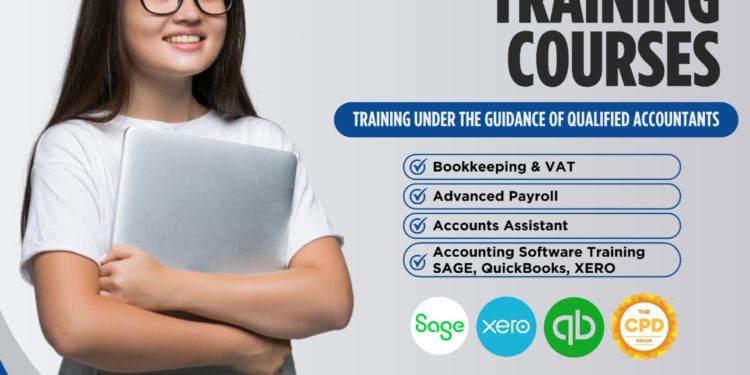Introduction
In today’s swiftly evolving financial setting, accounting professionals must enjoy a blend of technical expertise and soft skills to excel. While technical skills provide support for accounting practice, soft skills enhance an accountant’s ability to communicate, collaborate, and prime effectively. Here we discuss the essential soft and mechanical skills required for modern accountants, as well as how inclusive accounting training can bridge the gap between academic knowledge and practical application.
Technical Skills
Proficiency in Accounting Software
Modern accountants must be skilled at using numerous accounting software programs, such as QuickBooks, Xero, and SAP. These tools modernize financial processes, improve accuracy, and provide real-time financial data. Accounting training programs frequently include hands-on meetings with these software platforms, allowing accountants to effortlessly direct them.
Understanding financial statements
A compact grasp of financial statements, including the balance sheet, income report, and cash flow statement, is vital. In this area, accounting training focuses on the preparation, investigation, and clarification of these papers, equipping accountants with the skills needed to provide valuable insights into a company’s financial health.
Knowledge of Taxation
Tax laws and principles are complex and ever-changing. Accountants must stay up to date with these changes in order to confirm compliance and adjust tax strategies. Accounting training programs cover several aspects of taxation, including corporate tax, income tax, and VAT, and provide accountants with the knowledge necessary to navigate the particulars of tax planning and reporting.
Auditing Skills
Auditing is a serious function that ensures the accuracy and dependability of financial statements. Training in auditing techniques, interior controls, and possibility assessment equips accountants with the skills needed to conduct thorough and effective audits. This includes both inner audits, focusing on structural processes, and external audits, which measure financial statement accuracy.
Data analysis and interpretation
With the advent of big data, the ability to analyze and read large datasets has become increasingly important. Training programs now include data analytics elements, teaching accountants how to practice tools like Excel, SQL, and numerous data visualization software. This skill set allows accountants to uncover patterns, leanings, and irregularities that can inform strategic decision-making.
Soft Skills
Communication Skills
Operative communication is critical for accountants, who must transport complex financial information to non-financial stakeholders. Training programs underline both written and voiced communication, teaching accountants how to present financial data clearly and succinctly. This skill is essential for creating reports, making performances, and engaging with clients or generations.
Problem-solving and critical thinking
Accountants often come across complex financial issues that involve innovative solutions. Training in problem-solving and acute thinking helps accountants develop the capability to analyze situations, identify basic issues, and devise effective strategies. These skills are critical for tasks such as financial forecasting, budgeting, and strategic planning.
Time management and organization
The challenging nature of accounting requires excellent time management and structural skills. Training programs emphasize techniques for arranging tasks, managing deadlines, and maintaining careful records. These skills ensure that accountants can competently handle various responsibilities and meet the strict timelines often associated with financial reporting.
Teamwork and collaboration
Accountants regularly work as part of a team, whether within a finance division or alongside other departments. Teamwork and association training emphasizes the importance of relational skills, struggle resolution, and the ability to work effectively in a variety of teams. This creates a cooperative work environment and enhances overall productivity.
Adaptability and continuous learning
The accounting profession is active, with new regulations, technologies, and methodologies developing regularly. Accounting Assistant training programs implant a mindset of adaptability and continuous learning, inspiring accountants to stay updated with industry inclinations and pursue ongoing professional development. This practical approach ensures that accountants remain modest and capable of meeting the evolving anxieties of the profession.
Conclusion
Accounting training that covers both technical and soft skills is essential for modern accountants. While technical skills provide the initial knowledge required for accurate financial reporting and analysis, soft skills increase an accountant’s ability to communicate, collaborate, and prime effectively. By investing in comprehensive training programs, accountants can develop a well-rounded skill set that makes them suitable for the complexities and encounters of today’s financial setting.
Top of Form
Bottom of Form


![7 Best POS Software in the UK [2026 Edition]](https://todaynews.co.uk/wp-content/uploads/2026/02/7-Best-POS-Software-in-the-UK-2026-Edition-360x180.png)







































































